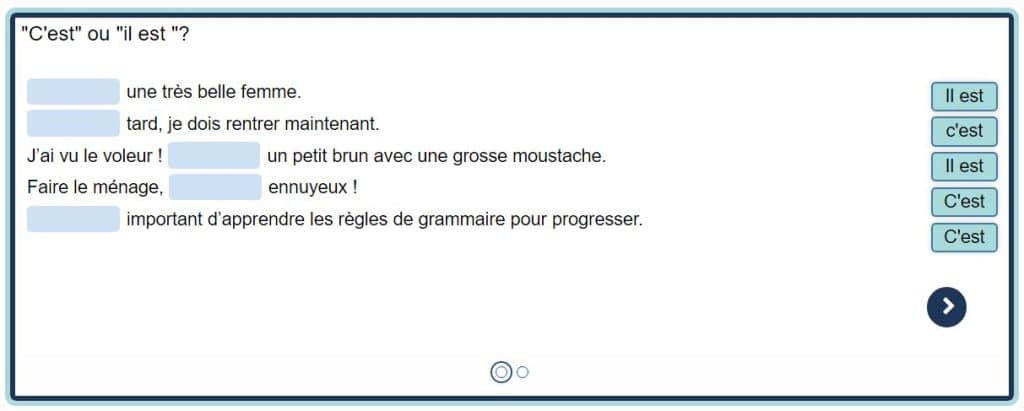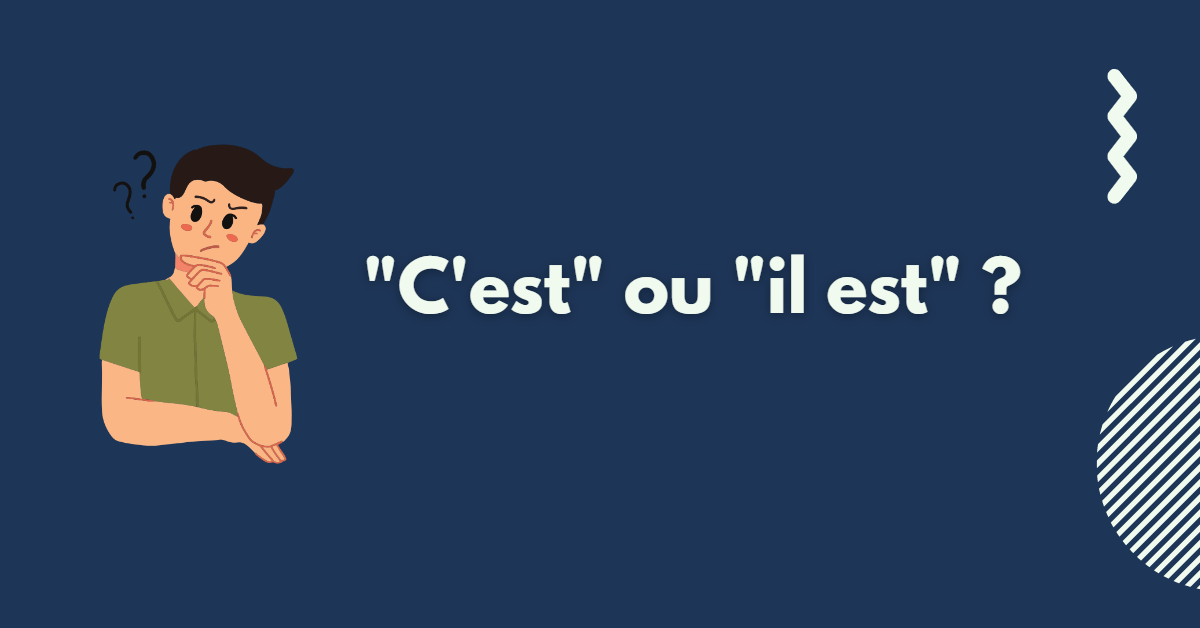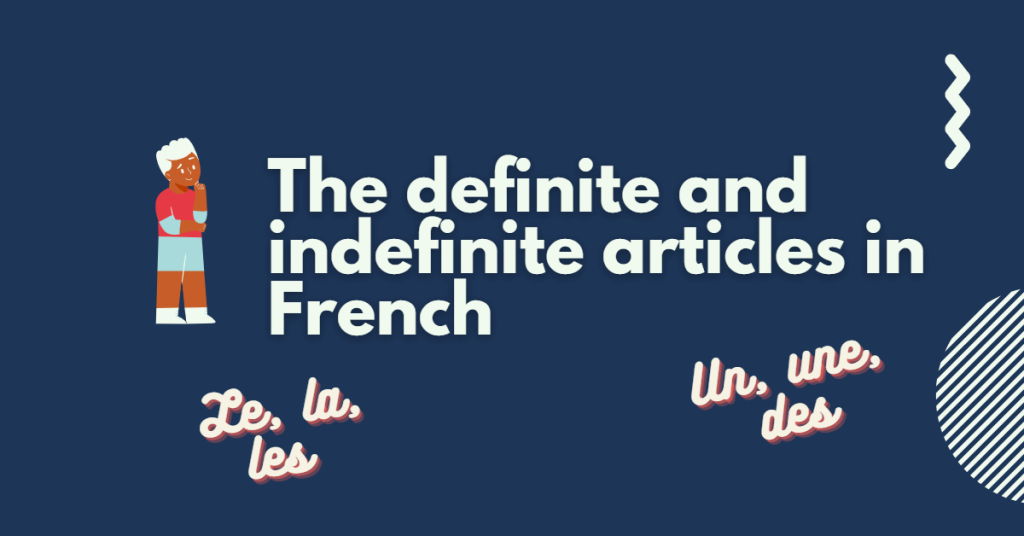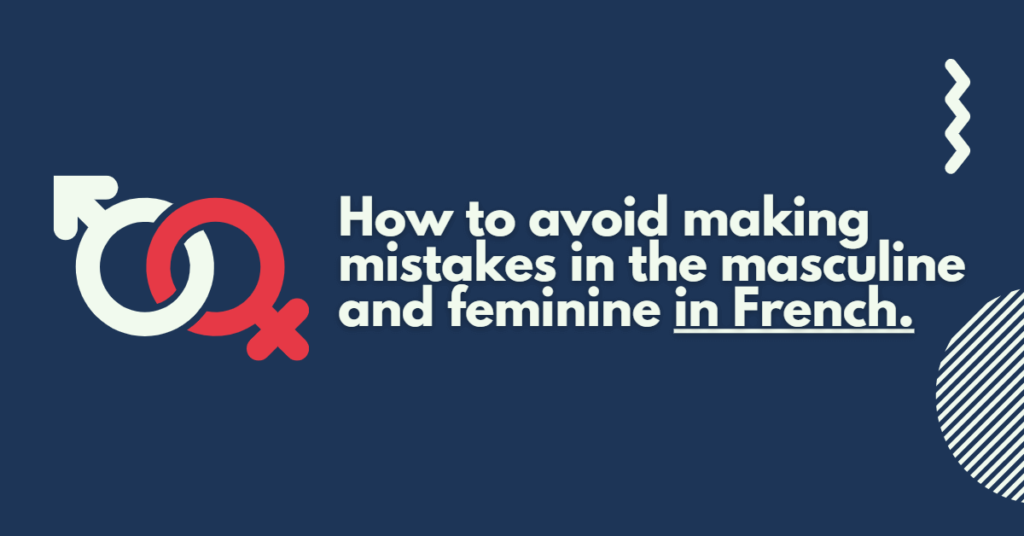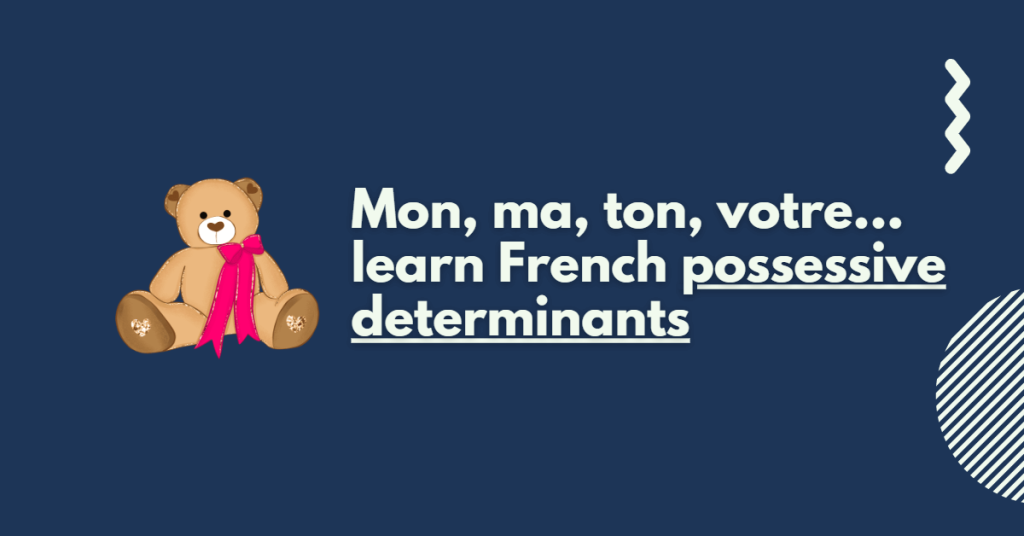Are you in doubt about how to use c’est? Have you confused it with il est? The French expressions c’est and il est can be tricky because they are synonymous but not interchangeable. Which one to use depends less on meaning than it does on grammar.
C’est :
- para apresentar uma coisa / pessoa:
- C’est Mathieu, tu te rappelles de lui ? (It’s Mathieu, do you remember him?)
- C’est ma sœur, la fille à droite. (This is my sister, the girl on the right.)
- C’est une voiture toute neuve. (It is a brand new car.)
- to advertise yourself on the telephone / intercom
- – Allô ? – C’est qui ? – C’est Clément ! (Hello? – Who is it? – It’s Clément!)
- to make a general comment
- C’est beau ! C’est merveilleux ! (It’s beautiful! It’s wonderful!)
- C’est la vie, on ne choisit pas toujours tout. (Life is like this, we don’t always choose everything).
Mainly used: c’est + first name (C’est Martin) / c’est + common name with an article (c’est un artiste.)
Você quer saber como conjugar 90% dos verbos franceses? Baixe nosso PDF!
Il est :
- Para caracterizar alguém:
- Il est vraiment sympa ton pote. (He is a very nice guy)
- Il est beau ! Comme son père. (He is beautiful! Like his father.)
- For the time:
- Il est 8h30
- Il est midi et demi.
Mainly used:il est + adjective (il est beau) / il est + common noun, without article (il est docteur, il est français…)
Maintenant à toi !
Faça login gratuitamente para fazer os exercícios aqui.
